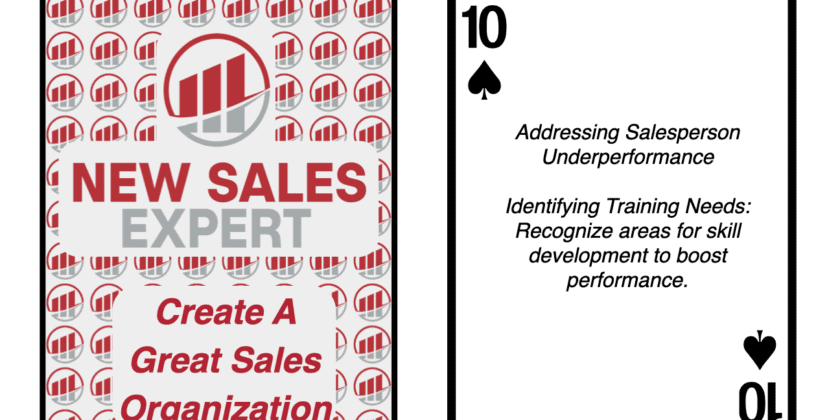Elevating Sales Performance: Why Targeted Training is Non-Negotiable
Visualize your sales team as a high-performance sports car: every part is intricately designed to maximize output and speed. When one part fails or underperforms, the entire machine is impacted. An underperforming salesperson isn’t just a localized problem; their performance deficit has a cascading effect on the entire team and, by extension, the organization.
It’s critical to realize that top-performing salespeople—let’s call them the eagles of the sales world—are keenly aware of this dynamic. Eagles prefer flying with eagles. They don’t want to share the sky with pigeons. When they sense a lack of commitment or skill in their peers, it doesn’t just frustrate them; it can often drive them to look for new skies, affecting talent retention. Therefore, addressing underperformance isn’t just about the laggards; it’s also about keeping your top talent engaged and committed.
Mapping the Landscape: A Diagnostic Strategy
Before you can course correct, you must know where the course diverges. The diagnostic phase in identifying underperformance is analogous to a medical diagnosis: specific, nuanced, and multi-layered.
Skill Gap Analysis: The cornerstone of any diagnostic approach is identifying the skills essential for success in a sales role and comparing them to each salesperson’s current skill set. The resulting gap becomes the focal point for development.
Quantitative Metrics: Data like sales numbers and conversion rates are early indicators of performance issues. They provide an objective basis for determining which team members are falling short of expectations.
Qualitative Insights: Beyond numbers, insights can also come from the team’s ecosystem. Peers, managers, and clients often provide invaluable feedback that fills the gaps left by quantitative metrics.
Fine-Tuning Performance: The Role of Tailored Training
Once you’ve diagnosed the problem, the next step is targeted intervention through specialized training. This isn’t about generic, off-the-shelf programs but bespoke training modules designed to address specific deficits.
Specialized Training Modules: For instance, if a lack of product knowledge is the issue, a training program emphasizing product specifications and unique selling points becomes the go-to solution. Similarly, modules focusing on persuasive techniques are warranted if communication skills are lacking.
The Power of Mentorship: One of the most effective interventions is to pair underperforming salespeople with your eagles. This provides real-world insights into effective sales strategies, boosts morale, and fosters a culture of excellence.
Post-Training Evaluation: Following training, it’s imperative to reassess performance to ensure that the skill gap has indeed been bridged. This cycle of assessment and re-assessment keeps the training programs dynamic and relevant.
Beyond Training: Adopting a Holistic View
While skill-focused training is invaluable, it’s crucial to remember that not all performance issues are rooted in a lack of skill. Emotional well-being, company values alignment, or personal issues can impact performance. A truly practical remedial approach is comprehensive, addressing skills and the underlying emotional and psychological factors.
To encapsulate, each salesperson in your organization is a crucial gear in the well-oiled machine of your sales operation. Top performers, the eagles, don’t want to fly with pigeons; they want to soar with other eagles. By effectively diagnosing performance issues and deploying tailored training, you’re not just elevating the struggling individuals but also creating an environment where your best talent will want to stay. The result is a resilient, high-performing sales team better equipped to meet and exceed the complex challenges of today’s market.







